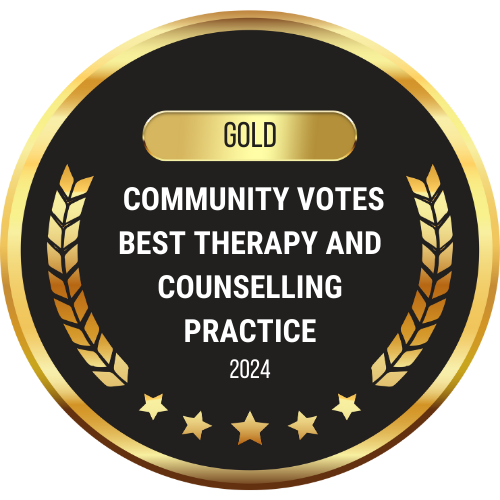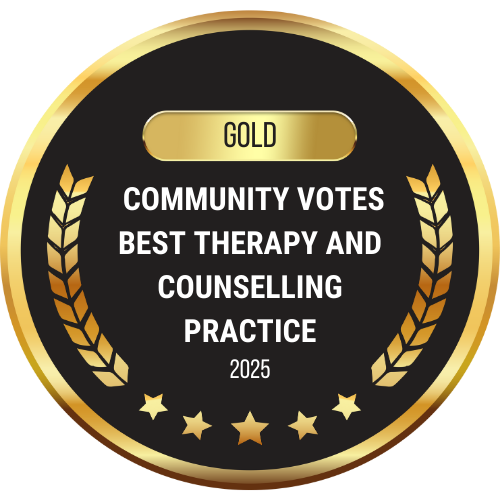Post-Traumatic Stress Disorder (PTSD) is a natural emotional response to frightening or dangerous experiences that involve actual or threatened serious harm to oneself or others. Triggers are stimuli that evoke memories associated with the traumatic event. They may be situations, loud noises, smells or crowded spaces. They can be so intense that you may have a deep-seated fear of experiencing flashbacks, nightmares, or intrusive memories that vividly replay the traumatic events you endured. You may worry that you may lose control of your emotions, actions, and thoughts that you will no longer recognize yourself. You may feel that if your trauma is not resolved, your PTSD symptoms will harm your loved ones.
Identifying your triggers is the key to understanding them. Journaling or self-reflection are powerful ways to identify them. Once your triggers are identified, you can incorporate strategies to help you manage them.
Strategies to Cope With PTSD Triggers
Integrating mindfulness and meditation practices into your daily routine can significantly benefit your mental and emotional well-being. These practices can help you become more self-aware and attuned to your thoughts and feelings.
Grounding is a coping strategy that “grounds” you in the present moment and is a form of mindfulness. There are two main types of grounding techniques. Sensory grounding focuses on the present moment and engages your senses, while cognitive grounding focuses on doing an activity which requires concentration.
Breathing exercises are another valuable tool for coping with PTSD triggers. Slow, intentional breathing calms your nervous system, restoring control. These coping mechanisms reduce the stressful response elicited in your body when triggers arise.
Embracing a solid supportive network can be a source of comfort against your PTSD triggers. Trusted family members and friends can offer a listening ear and empathy. Support groups are excellent for learning and sharing experiences.
Integrating healthy habits into your daily routine can provide stability and consistency when triggered. Regular physical activity is an effective way to reduce physical and mental stress. Fifteen minutes of walking or running can drastically alleviate stress. Eating nutrient-rich foods like fruits, vegetables, and lean proteins can help stabilize mood and energy levels. Planning and preparing meals can help you maintain a healthy diet. Establishing a good sleep routine is also essential to handle life’s stresses. Sticking to a sleep schedule and creating a comfortable, quiet sleep environment is crucial for managing symptoms of PTSD and promoting restful sleep.
Setting boundaries is essential to self-care. Don’t be afraid to say no to events or situations that may trigger you. Remember that you deserve to prioritize self-care and engage in activities that bring you joy, not pain.
Seeking professional support from trained, empathetic therapists is another way to cope with your triggers. They will help you process traumatic experiences to reduce and manage your PTSD symptoms and increase your quality of life.
Professional Support to Manage Your PTSD Triggers
Embarking on PTSD therapy takes immense courage; know that you are taking a crucial step towards healing and growth.
At Mindful Path Counselling, we take a holistic approach to your path to well-being. We provide in-person, online sessions, phone appointments and in-home services. Our diverse team includes skilled psychotherapists, social workers, life coaches, hypnotherapists, and more.
We use evidence-based therapies like Cognitive-Processing Therapy, EMDR, Prolonged Exposure, Narrative Therapy and Exposure Therapy, Mindfulness-Based Stress Reduction (MBSR) and Mindfulness-Based Cognitive Therapy (MBCT) to help you gradually reduce the impact of trauma, manage symptoms, and regain control of your life.
We’re a safe place to help you rediscover yourself.
Step toward a future where you can live without the weight of the past.











